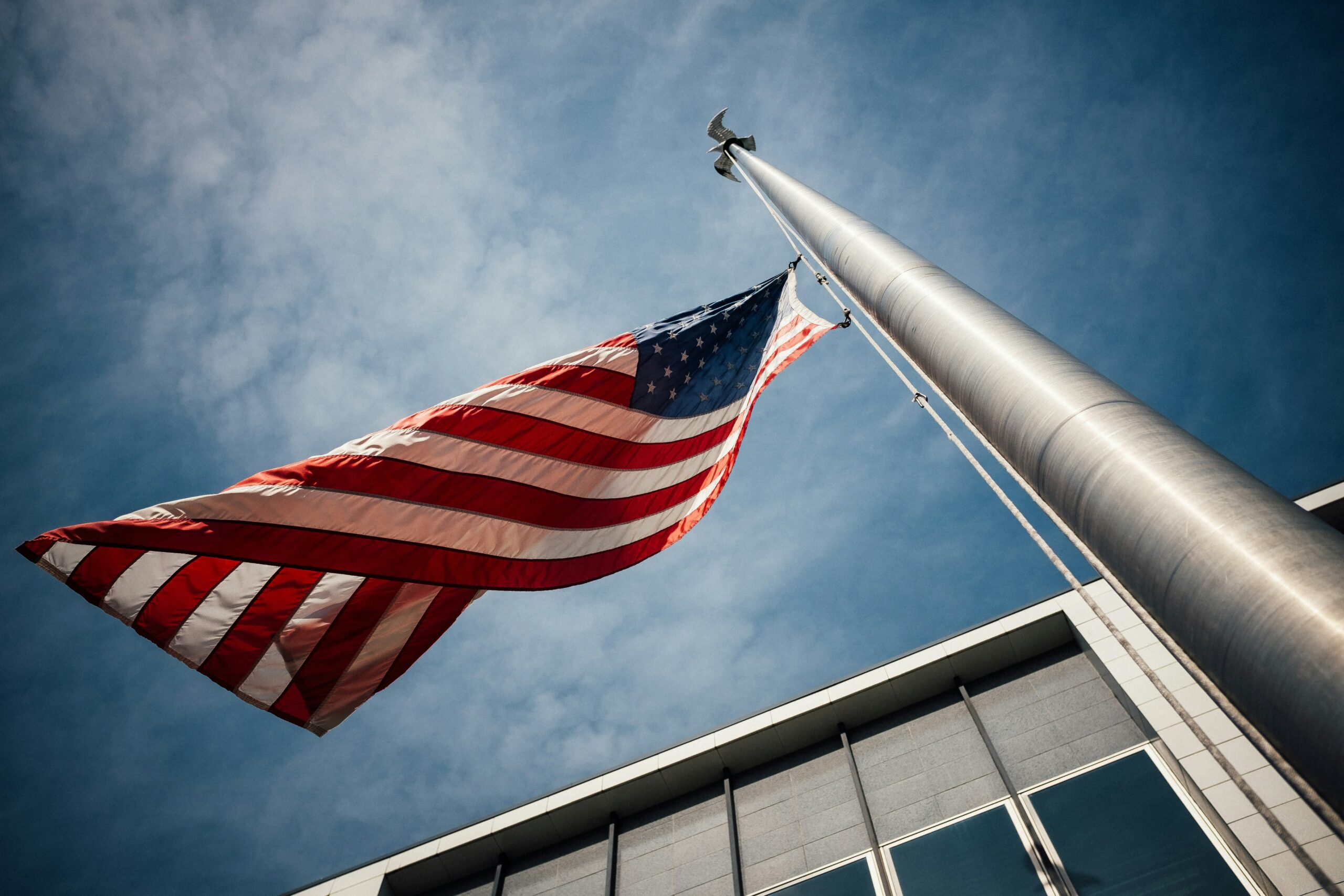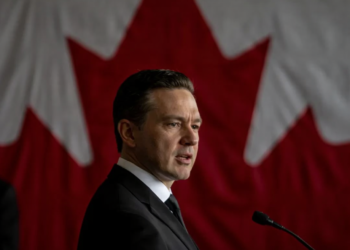The question of who is to blame for the US government shutdown is entirely the wrong one. The blame is shared by a political system that has deliberately replaced the solemn duty of governing with the cynical tactics of political brinkmanship. This shutdown (the latest in a series of institutional failures) is a strategically manufactured crisis where the well-being of the nation is held hostage to partisan demands.
The current deadlock hinges on healthcare funding. Democrats are standing on the principle that any funding bill must address the impending expiration of Affordable Care Act (ACA) health insurance subsidies, which affect millions, and restore recent cuts to Medicaid.
But the Republicans, even with control of the White House and both chambers of Congress, have refused to negotiate, instead demanding a “clean” temporary funding bill that conveniently bypasses these politically inconvenient healthcare fights. This is where the blame becomes misaligned in the sense that the party that controls the entire legislative agenda bears a greater responsibility for failing to even bring a viable, compromise bill to the floor.
The Republican strategy, as Senate Majority Leader John Thune suggested, is to accuse Democrats of taking federal workers “hostage” while simultaneously using the threat of a shutdown and presidential power to permanently gut programs they dislike, or as President Trump stated, to “get rid of a lot of things… they’d be Democrat things.” This is the weaponization of government itself.

The Human and Economic Toll of Political Failure
The consequences of this calculated dysfunction are immediate and severe. As many as 750,000 federal employees could be furloughed without pay, costing the US economy approximately $400 million in lost compensation per day. Moreover, the Trump administration has chillingly threatened to make this shutdown more punitive than previous ones by preparing for permanent layoffs in agencies without dedicated funding, weaponizing the civil service to score political points.
This gridlock is a direct threat to public safety and economic stability:
For Air Travel, previous shutdowns saw Transportation Security Administration (TSA) agents and air traffic controllers forced to work without pay, leading to massive staffing shortages and temporary closures at major airports.
In the Healthcare and Food Assistance sector, although essential programs like Social Security and Medicare checks continue, services like new enrollment or benefit verification are severely delayed. Crucially, programs like WIC (Women, Infants, and Children), which provides groceries to low-income families, are immediately at risk of running out of money for new applicants.
The economic damage the 2018-2019 shutdown cost the economy an estimated $11 billion in reduced Gross Domestic Product (GDP), with $3 billion permanently unrecovered.
The public understands this toxic dynamic as a recent poll found that a plurality (38%) of Americans blame Republicans, who control all branches, with 31% correctly blaming both parties equally, exposing the deep cynicism surrounding Washington’s culture of manufactured crisis.

















